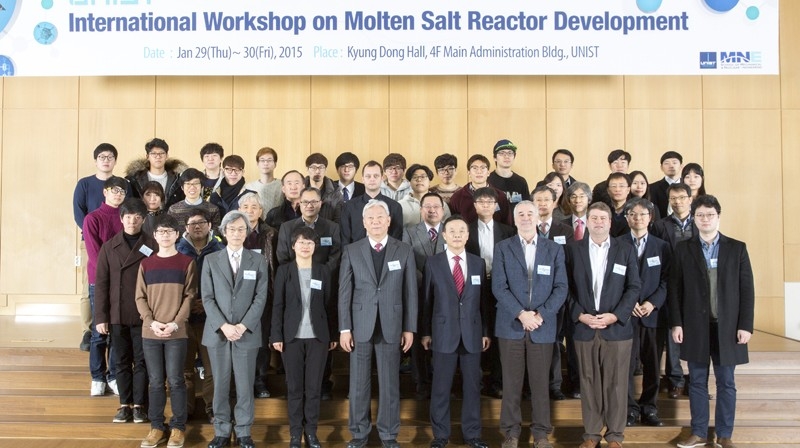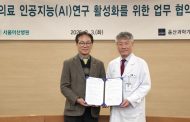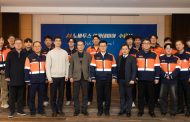Today, scientists all over the globe are working to develop a low-cost source of energy that could provide safe, emissions-free power for a long-term period without refueling and without any risk of nuclear proliferation.
On January 29, UNIST held its third International Workshop on Molten Salt Reactor (MSR) Development to better understand the issues facing the utilization of the current nuclear fleet. This two-day workshop, organized by Professor Dong-Seong Sohn (School of Mechanical and Nuclear Engineering) featured a host of discussions and presentations on the future of nuclear power.
The 3rd International Workshop on MSR Development
The purpose of this workshop is to raise awareness of the urgent need for next-generation nuclear reactors, such as the MSR to combat climate change and to understand its potential benefits.
A total of 100 professionals from all over the world, including Dr. Guimin Liu (Shanghai Institute of Applied Physics), the Chief Engineer of TMSR Center at the Chinese Academy of Sciences (CAS) and Prof. Edward Blandford from University of New Mexico, USA partook in this event to promote the MSR and related thorium cycles.
“The MRS workshop is undertaking necessary R&D to develop future nuclear energy systems that can supplement current nuclear plants,” says Prof. Sohn who is also the Chair of the MRS organization. He adds, “We are excited about the prospects for nuclear energy and hope that this event can make a considerable constribution to its long-term success.”
Molten Salt Reactors – Safer, Cleaner, Cheaper Nuclear Power
The attention brought by the Fukushima Daiichi nuclear disaster in 2011 has had unexpected attention brought to the Thorium Molten Salt Reactor (TMSR), the promising futuristic technology to provide clean and affordable energy for mankind.
A MSR is a type of nuclear reactor, which uses liquid salt as a coolant. In addition to being the cheaper option, this revolutionary nuclear energy technology has many potential benefits over current nuclear reactors. It not only generates minimal amount of waste, but also offers very high levels of fuel efficiency and lower construction costs. Moreover, the fact that MSRs are operated at low pressure, there is less chance of a pressure explosion.
International MSR Research and Development
Extensive research into MSRs started with the U.S. Aircraft Reactor Experiment (ARE) in the 1960s. Since then, MSR development is progressing rapidly, with major research projects taking place in Japan, Russia, France, and a couple of other European countries. More R&D are needed to commercialise MSR technology, but currently China is leading the way, aiming to produce a power MSR within 10 years.







![[2026 Matriculation] UNIST Welcomes Class of 2030!](https://news.unist.ac.kr/wp-content/uploads/2026/02/사진-박종래-UNIST-총장이-2026년-입학식사를-전하고-있다-2-190x122.jpg)
![[2026 UNIST Commencement] UNIST Confers Degrees to 883 Graduates](https://news.unist.ac.kr/wp-content/uploads/2026/02/사진-2026학년도-UNIST-졸업생들이-학사모를-위로-던지며-졸업을-축하하고-있다-1-800x413-190x122.jpg)



